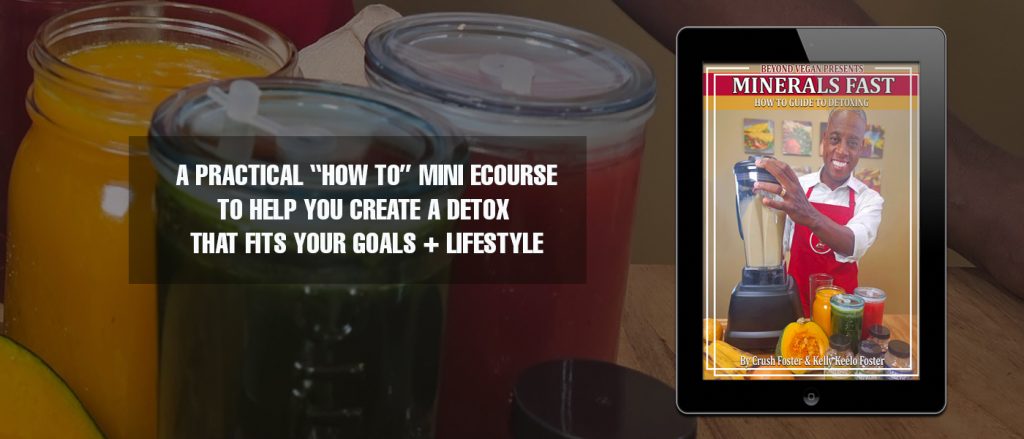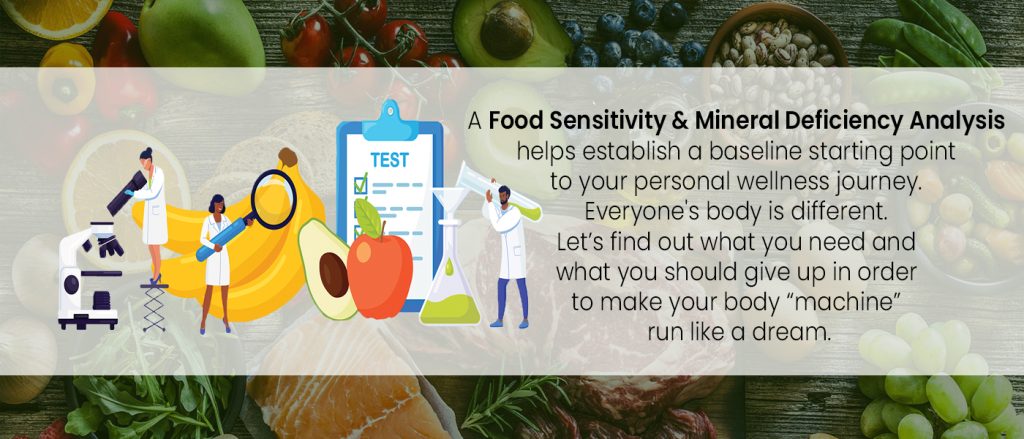Your cart is currently empty!
Beyond Vegan: Discovering the Benefits of an Alkaline Diet
I. Introduction
- Explanation of the vegan diet and its popularity
- The need for a diet that goes beyond vegan
II. What is the Alkaline Diet?
- Definition and principles of the Alkaline Diet
- Benefits of the Alkaline Diet for optimal health
III. The Alkaline Diet vs. Vegan Diet
- Comparison of the Alkaline Diet and vegan diet
- Differences in food choices and meal planning
IV. The Alkaline Diet and Dr. Sebi
- Introduction to Dr. Sebi and his teachings
- How the Alkaline Diet aligns with Dr. Sebi’s philosophy
V. Incorporating the Alkaline Diet into Your Lifestyle
- Tips for transitioning to the Alkaline Diet
- Sample meal plan and recipes
VI. Benefits of Supplements on the Alkaline Diet
- Overview of recommended supplements
- How supplements can enhance the benefits of the Alkaline Diet
VII. Meal Prep for the Alkaline Diet
- Importance of meal prep on the Alkaline Diet
- Tips and tricks for effective meal prep
VIII. Conclusion
- Recap of the benefits of the Alkaline Diet
- Final thoughts on going beyond vegan with the Alkaline Diet
FAQs
- What is the main principle of the Alkaline Diet?
- Can I still get enough protein on the Alkaline Diet?
- Is the Alkaline Diet suitable for everyone?
- Can the Alkaline Diet help with weight loss?
- Are there any potential risks or drawbacks to the Alkaline Diet?
Beyond Vegan: Discovering the Benefits of an Alkaline Diet
In recent years, the vegan diet has gained significant popularity due to its ethical and environmental considerations, as well as its potential health benefits. However, some individuals may find that the vegan diet alone does not fully meet their nutritional needs or provide the desired health outcomes. This is where the Alkaline Diet comes into play, offering a dietary approach that goes beyond veganism and focuses on achieving optimal health through pH balance and alkaline-forming foods.
I. Introduction
The vegan diet, characterized by the exclusion of animal products, has become a mainstream choice for many individuals seeking a plant-based lifestyle. Its benefits include reduced environmental impact, improved animal welfare, and potential health advantages such as weight loss, lower cholesterol levels, and decreased risk of certain diseases. However, while veganism can be a nutritious and ethical choice, some people may find themselves facing challenges in meeting specific nutritional requirements or experiencing desired health improvements solely through a vegan diet.
II. What is the Alkaline Diet?
The Alkaline Diet is a dietary approach that focuses on consuming foods that have an alkaline effect on the body. The core principle of this diet is to maintain a slightly alkaline pH in the body, which proponents believe promotes optimal health and well-being. According to the Alkaline Diet, certain foods, such as fruits, vegetables, whole grains, and plant-based macro nutrients, have alkaline-assiting properties and can help restore balance in the body by neutralizing excess acidity.
The Alkaline Diet aims to reduce the intake of acid-forming foods, such as meat, dairy, refined grains, processed foods, and sugar. By doing so, the diet promotes the consumption of whole, natural foods that are believed to support the body’s natural healing processes, enhance energy levels, and reduce inflammation.
III. The Alkaline Diet vs. Vegan Diet
While both the Alkaline Diet and vegan diet share similarities in their focus on plant-based foods, they differ in their underlying principles and food choices. The vegan diet primarily revolves around the exclusion of animal products, whereas the Alkaline Diet emphasizes the pH balance and the alkaline or acidic properties of foods through native plants and least detrimental options.
The Alkaline Diet though seemingly restrictive offers a wide array of combinations from creative Alklaine Chefs like Crush Foster and others. However, the primary emphasis remains on plant-based foods that have alkaline properties. In contrast, the vegan diet strictly avoids all animal-derived foods, including meat, dairy, eggs, and honey.
When it comes to meal planning, the Alkaline Diet encourages a higher intake of fruits, vegetables, nuts, seeds, and whole grains, while the vegan diet focuses on plant-based sources of protein, such as legumes, tofu, and tempeh. Both diets promote the consumption of nutrient-dense foods but may differ in their specific food choices and combinations.
IV. The Alkaline Diet and Dr. Sebi
The Alkaline Diet gained significant attention due to its association with the late Dr. Sebi, a natural healer and herbalist. Dr. Sebi believed that diseases thrive in acidic environments and that consuming alkaline-assisting foods can help restore balance in the body and promote healing.
Dr. Sebi’s teachings emphasized the consumption of a variety of alkaline-forming foods, including leafy greens, sea moss, grains like quinoa and amaranth, and certain herbs. While his specific claims and practices have been met with controversy and limited scientific evidence, many individuals have adopted the Alkaline Diet as a way to align with his teachings and promote overall well-being.
V. Incorporating the Alkaline Diet into Your Lifestyle
Transitioning to the Alkaline Diet requires careful consideration and planning. Here are some tips to help you get started:
- Gradual transition: Rather than making sudden drastic changes, gradually incorporate alkaline-forming foods into your diet while gradually reducing acid-forming foods. This approach can help your body adjust and make the transition more sustainable.
- Focus on whole, plant-based foods: Emphasize fruits, vegetables, legumes, nuts, seeds, and whole grains. These foods provide essential nutrients, fiber, and antioxidants that support overall health.
- Hydration is key: Stay hydrated by drinking plenty of water and consuming alkaline beverages such as herbal teas, lemon water, and green juices.
- Mindful meal planning: Plan your meals in advance to ensure a balanced intake of alkaline-forming foods. Experiment with new recipes and flavors to keep your meals exciting and enjoyable.
Sample Meal Plan:
- Breakfast: Quinoa porridge topped with fresh berries and a sprinkle of walnuts.
- Snack: Raw vegetables with hummus.
- Lunch: Leafy green salad with avocado, cucumber, and chickpeas, dressed with a lime-tahini dressing.
- Snack: A piece of fruit or a handful of walnuts.
- Dinner: Roasted vegetables over Fonio.
- Dessert: A serving of mixed berries with a dollop of coconut yogurt.
Remember, individual nutritional needs may vary, and it’s essential to listen to your body and make adjustments as necessary. Consulting a healthcare professional or registered dietitian can provide personalized guidance to ensure your nutritional requirements are met.
VI. Benefits of Supplements on the Alkaline Diet
While the Alkaline Diet primarily focuses on food choices, some individuals may choose to complement their dietary intake with supplements. These supplements are intended to enhance the benefits of the Alkaline Diet and
support overall health. However, it’s important to note that supplements should not replace a well-balanced diet but rather serve as a complement to it.
Some supplements commonly associated with the Alkaline Diet include:
- Spring water: Water with a higher pH level to help maintain alkalinity in the body.
- Cell Support: Mixtures of nutrient-dense greens, such as Nettle and Watercress with Sea Moss, Burdock and Bladderwrack in capsule powdered form.
- Nerve Support and Elderberry Tea: Since the Alkaline Diet removes the intake of animal products, a B supplement is often recommended to prevent deficiency.
- Probiotics: These supplements support gut health and promote a balanced microbiome.
Before starting any supplementation, it’s important to consult with a healthcare professional or registered dietitian to determine the appropriate dosage and ensure compatibility with your individual health needs.
VII. Meal Prep for the Alkaline Diet
Meal prep can be a valuable tool for successfully adhering to the Alkaline Diet. It allows you to plan your meals in advance, ensure a consistent intake of alkaline-forming foods, and save time during busy weekdays. Here are some tips to help you with effective meal prep:
- Plan your meals: Create a weekly meal plan that includes a variety of alkaline-forming foods. This will help you stay organized and ensure a balanced intake of nutrients.
- Batch cooking: Prepare larger quantities of grains, legumes, and roasted vegetables that can be used in multiple meals throughout the week. This saves time and makes it easier to assemble meals on busy days.
- Portion control: Divide your prepared meals into individual containers to control portion sizes and have grab-and-go options for work or when you’re on the move.
- Store properly: Use airtight containers or meal prep containers to keep your food fresh for longer. Consider labeling containers with the date to help you keep track of their freshness.
Remember to prioritize food safety and ensure proper storage and reheating practices to maintain the quality and safety of your prepped meals.
VIII. Conclusion
In conclusion, the Alkaline Diet offers an alternative approach to nutrition that goes beyond veganism. By focusing on alkaline-forming foods and maintaining a slightly alkaline pH in the body, proponents of the Alkaline Diet believe it can promote optimal health and well-being. While further research is needed to fully understand the potential benefits of the Alkaline Diet, many individuals have reported positive experiences and improvements in their overall health.
By incorporating alkaline-assisting foods, following the principles of the Alkaline Diet, and considering supplementation when necessary, individuals can explore the potential benefits of this dietary approach. However, it’s essential to approach any diet or lifestyle change with mindfulness, individualization, and guidance from a health coach, healthcare professionals or registered dietitians.

FAQs
What is the main principle of the Alkaline Diet?
The main principle of the Alkaline Diet is to consume foods that have an alkaline effect on the body to maintain a slightly alkaline pH, which is believed to promote optimal health.
Can I still get enough protein on the Alkaline Diet?
Yes, it’s possible to obtain sufficient protein on the Alkaline Diet through plant-based sources such as legumes, chickpea tofu, wild rice, quinoa, and nuts.
Is the Alkaline Diet suitable for everyone?
The Alkaline Diet can be suitable for many individuals; however, it’s important to consider individual needs, medical conditions, and consult with a healthcare professional or registered dietitian before making significant dietary changes. A Food Sensitivity and Mineral Deficiency Test may also be ideal.
Can the Alkaline Diet help with weight loss?
The Alkaline Diet may support weight loss as it emphasizes whole, nutrient-dense foods while reducing the intake of processed and high-calorie foods. However, weight loss is influenced by various factors, and individual results may vary.
Are there any potential risks or drawbacks to the Alkaline Diet?
The Alkaline Diet may have limitations, such as potential nutrient deficiencies if not carefully planned. It’s important to ensure a well-balanced intake of nutrients and consult with a healthcare professional or registered dietitian to address individual concerns.
Suggested Alkaline Articles
The Alkaline Diet: Going Beyond Vegan for Optimal Health
How Hormone Imbalance Affects Gut Health and What You Can Do
Alkaline Recipes for Every Meal: Breakfast, Lunch, Dinner, and Snacks




